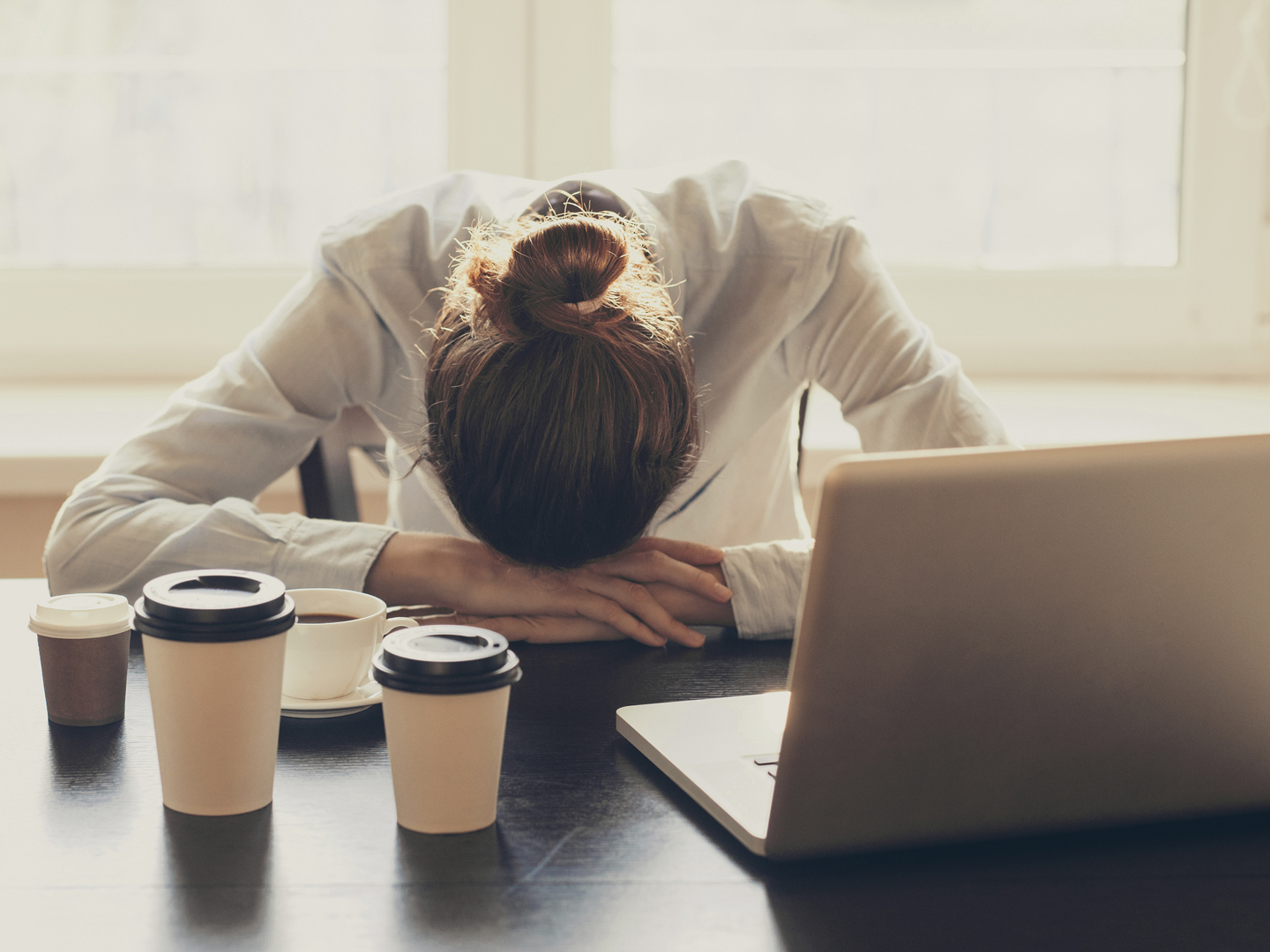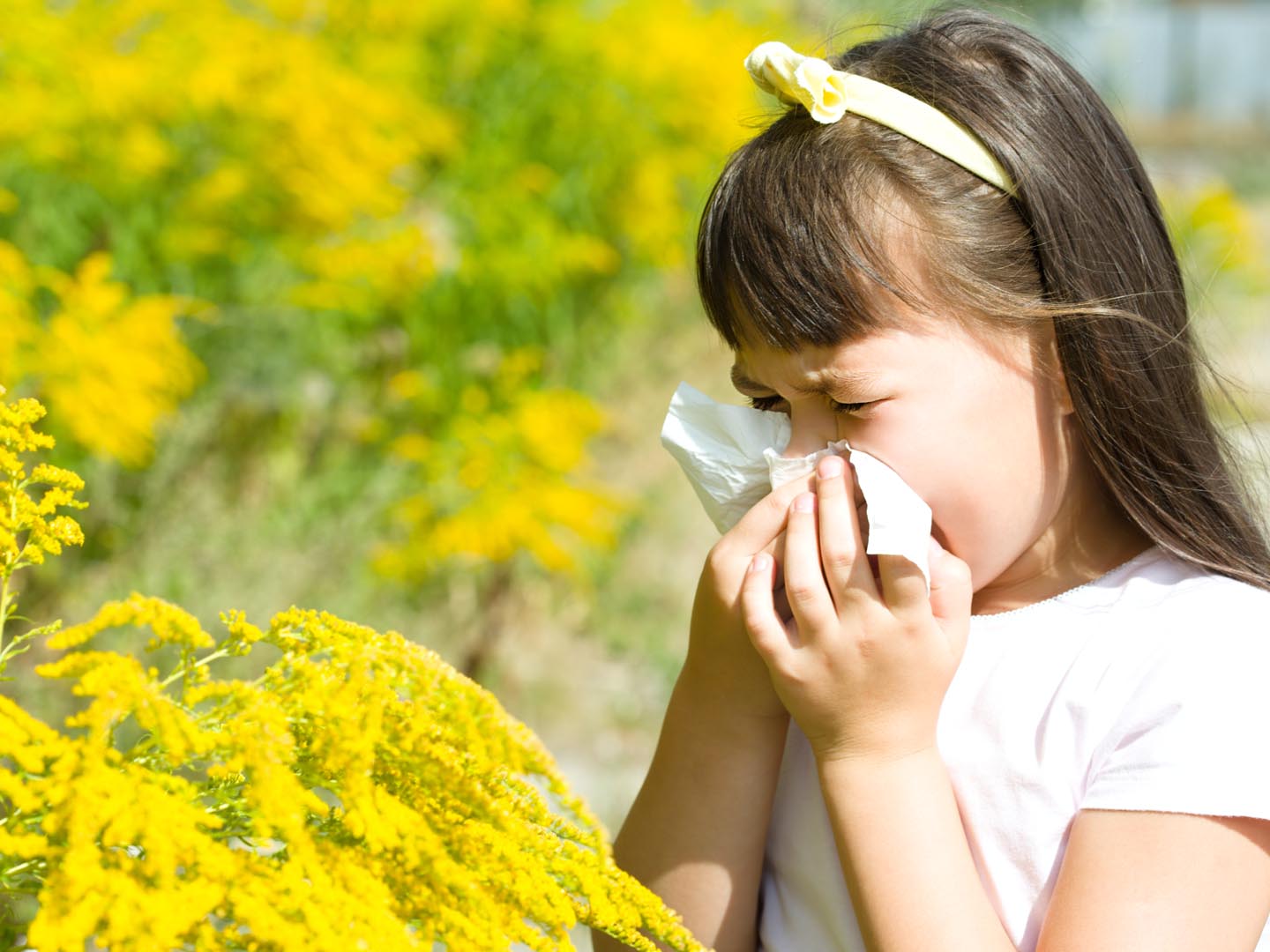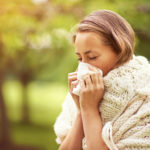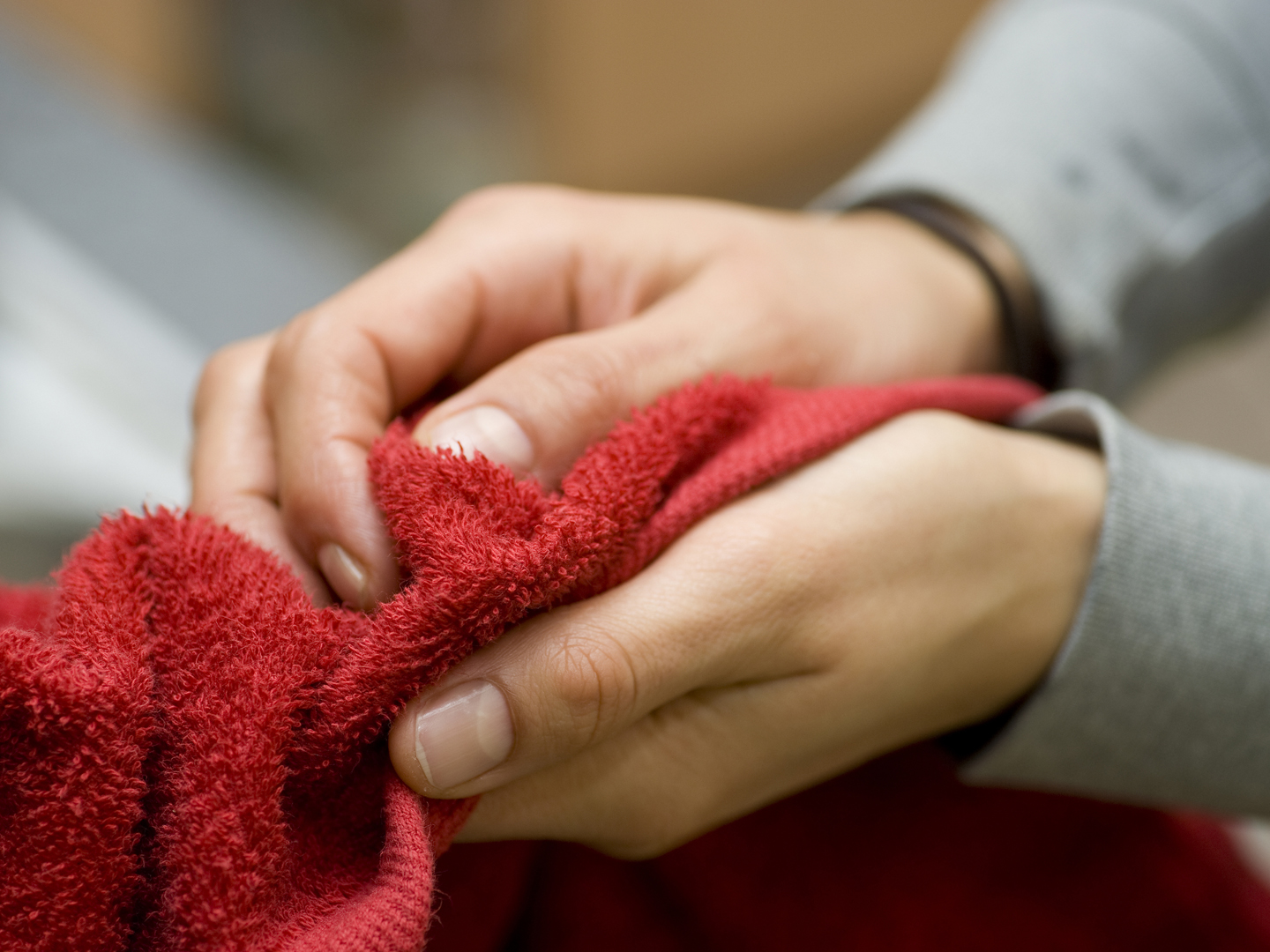Too Little Sleep, Too Many Colds?
I was told that not getting enough sleep at night – less than six hours – makes you more likely to catch cold. I don’t understand what sleep has to do with colds. How could this be so?
Andrew Weil, M.D. | December 10, 2015

Not getting enough sleep is linked to a surprising number of health problems including diabetes, high blood pressure, heart disease, stroke, weight gain, and a higher risk of accidents. Research has also shown that people who don’t get enough sleep are less protected against illness after receiving a vaccine.
And according to the results of a recent study, you are more vulnerable to catching colds if you’re getting less than six hours of sleep a night. Researchers at the University of California, San Francisco, Carnegie Mellon University and the University of Pittsburgh found that people who are short-changed on sleep have four times the risk of contracting a cold than those who sleep at least seven hours a night.
For their study, the investigators enrolled 164 adults ages 18 to 55, assessed their overall health, determined their level of stress, alcohol and tobacco use as well as general temperament and sleep habits. Then, they put the study group in a hotel and gave them nose drops containing cold viruses. The participants wore wrist monitors capable of registering movement and inactivity. The data from those devices, along with information from sleep diaries, gave a fairly accurate picture of how much sleep each participant got while in the hotel.
Results showed that those who slept six or less hours a night the week before they were exposed to the virus were 4.2 times more likely to catch cold compared to those who slept more than seven hours a night. Sleeping less than five hours raised the odds of catching cold to 4.5 times more. No increased risk was seen in those who slept more than six hours but short of seven.
This isn’t the first study to show a link between susceptibility to colds and not getting sufficient sleep. However, most earlier investigations didn’t actually measure the time people slept; instead, they relied on self-reports.
The new study established that short sleep outweighed other factors in predicting the likelihood of catching cold. In a press release accompanying publication of the results, lead researcher, Aric A. Prather, Ph.D., said, “It didn’t matter how old people were, their stress levels, their race, education or income. It didn’t matter if they were a smoker. With all those things taken into account, statistically, sleep still carried the day.”
For the record, a 2013 survey by the National Sleep Foundation found that the average sleep time on work nights in the U.S. is 6 hours and 31 minutes. Ideally, adults should get between 7 and 9 hours of sleep a night.
Andrew Weil, M.D.
Source:
Aric A. Prather, et al, “Behaviorally Assessed Sleep and Susceptibility to the Common Cold.” Sleep, January 17, 2015 pii: sp-00619-14









